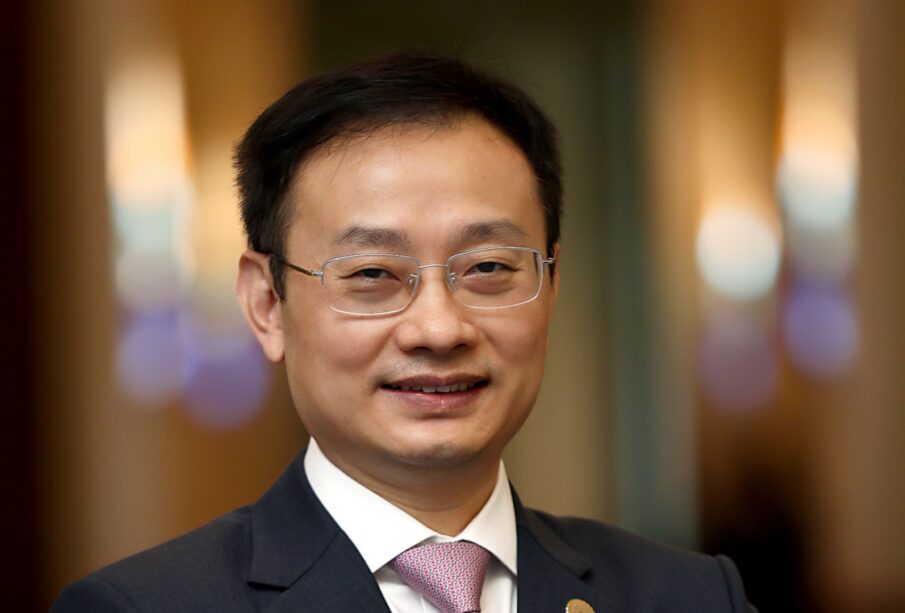Huawei explores how countries in the Middle East region can take the lead in digitization at the inaugural LEAP summit in Riyadh

During this week’s LEAP conference held in Riyadh, Huawei showcased how a new generation of cutting-edge technologies and applications will help nations to achieve their digital transformation agendas successfully, sustainably, and securely. In addition to being a strategic partner to the inaugural LEAP conference, a number of international Huawei executives participated in forums throughout the three-day event.
LEAP was held against the backdrop of rapid digital transformation in Saudi society, in line with Vision 2030 goals. The country aims to become one of the world’s top 20 tech economies using digital to create a more diverse economy.
Huawei’s rotating chairman Guo Ping delivered a keynote speech on the opening day of LEAP on how companies and countries in the region can take a lead in global digital innovation. The synergy of modern technologies was also explored by Frank Dai, president of cloud business at Huawei Middle East, while Edwin Diender, CIO of the global energy business unit at Huawei, looked specifically at how the digitization journey can support a global energy transition and carbon-neutrality goals.
Steven Yi, president of Huawei Middle East, said: “As the host of LEAP, Saudi Arabia’s digitization roadmap exemplifies the transformative role of technology across all sectors of the society. The Kingdom has put digitization on the fast track and is now amongst the global pioneers in deploying new generations of ICT solutions. LEAP has served as an important international forum to build consensus and deepen collaboration in areas that will create new economic and social value for all.”
Under the theme of “Dive into Digital”, Huawei’s exhibition at LEAP demonstrated the full end-to-end capabilities of its ICT expertise, with representation from its enterprise, carrier, and consumer business groups, as well as its cloud and digital power business units.
Huawei’s enterprise business group explored scenario-based solutions across five major industries including government, energy, transportation, finance, and education. The company’s carrier business group meanwhile focused on strategies for creating future-oriented networks, cooperating with telecom carriers to enable Saudi Arabia’s digitalization transformation and achieve Vision 2030. Visitors to LEAP further explored eight experience zones from Huawei consumer business group looking at the future of smart devices and mobile services ecosystems. Cloud computing was another important domain at this year’s LEAP, with Huawei displaying the latest cloud-native, AI capabilities for supporting governments and enterprises to intelligently upgrade through HUAWEI CLOUD.
The role of technology in supporting carbon neutrality was also in the spotlight at LEAP. The Huawei Digital Power business focused on the intersection between digital and power electronics technologies to help create zero-carbon ICT infrastructure in the Middle East, and to support zero-carbon electricity generation in line with recent national sustainability commitments. Huawei showcased the latest green energy-saving products, some of which have shown to save 30% on power consumption compared to traditional products.
















